Porcelain Slab vs. Sintered Stone vs. Ceramic Tile
StarCraft Custom Builders
5 years ago
Related Stories
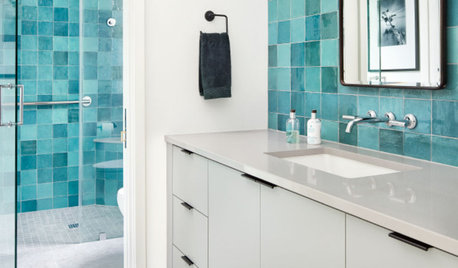
TILEPorcelain vs. Ceramic Tile: A Five-Scenario Showdown
Explore where and why one of these popular tile choices makes more sense than the other
Full Story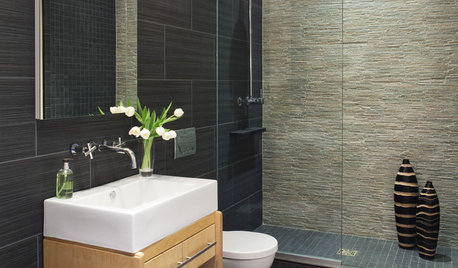
REMODELING GUIDESChoosing Tile: Durable, Versatile Porcelain
Get the Look of Stone, Metal, Terracotta and More With Today's Porcelain Tile
Full Story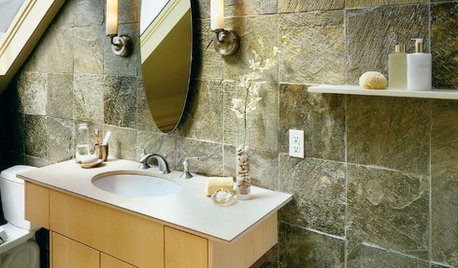
REMODELING GUIDESGet Stone and Ceramic Surfaces Super Clean
Keep your kitchen or bathroom looking as good as on installation day with the right cleaning methods for counters and tiles
Full Story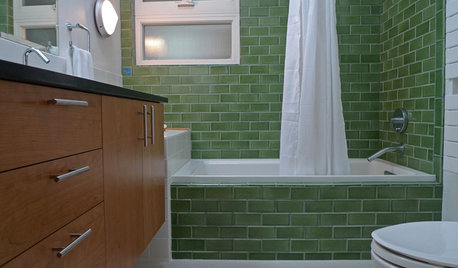
BATHROOM DESIGNBathroom Surfaces: Ceramic Tile Pros and Cons
Learn the facts on this popular material for bathroom walls and floors, including costs and maintenance needs, before you commit
Full Story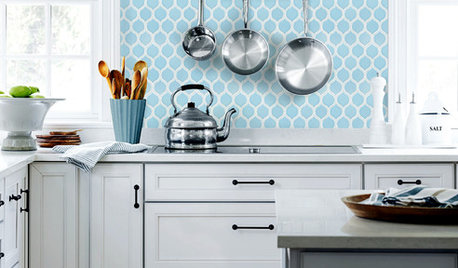
EVENTSThe Latest Looks in Tile, Stone and Flooring
Patterned tile, faux hardwood and natural colors were some of the trends seen at The International Surface Event 2019
Full Story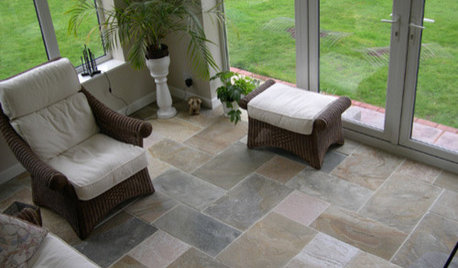
REMODELING GUIDESYour Floor: How to Find Right Stone Tile
Get the Pros and Cons of Slate, Travertine, Sandstone, Marble and Granite
Full Story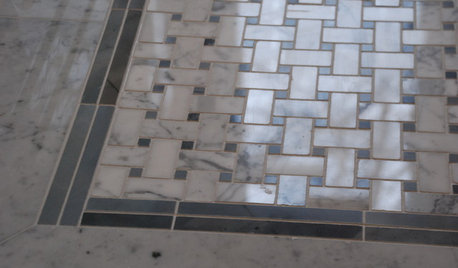
BATHROOM DESIGN'Weave' Stone Tile for an Elegant Bath
Basketweave Mosaics Add Style and Dimension to a Tile Floor
Full Story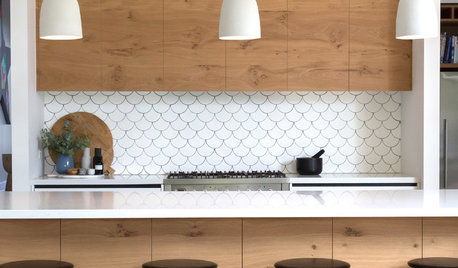
TILELet’s Talk Tile: An Alphabetical Guide to Tile Terminology
Get set for a tile project with this handy glossary of shapes, materials, finishes and more
Full Story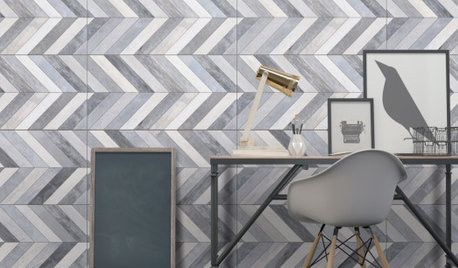
SHOP HOUZZTrade Pricing: Emser Tile
Working in porcelain, ceramic, natural stone and decorative glass, Emser is sure to have tile to fit your needs
Full Story0
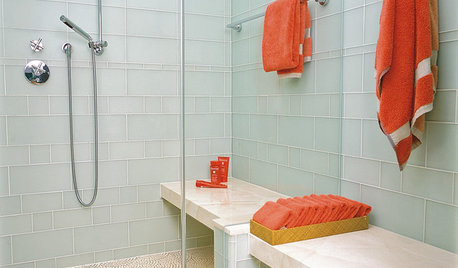
REMODELING GUIDESHouse Planning: How to Choose Tile
Glass, Ceramic, Porcelain...? Three Basic Questions Will Help You Make the Right Pick
Full StorySponsored
Central Ohio's Trusted Home Remodeler Specializing in Kitchens & Baths






Lustro Italiano
Related Discussions
Cost difference for ceramic vs. porcelain?
Q
Duraceramic vs. ceramic tile?
Q
Porcelain vs. Ceramic
Q
Difference Between Porcelain, Ceramic, and Glazed Ceramic Tiles
Q